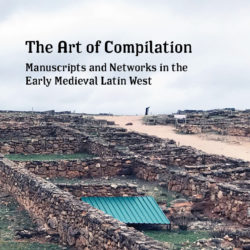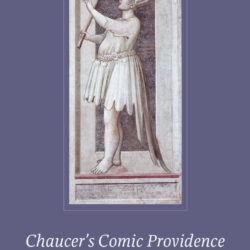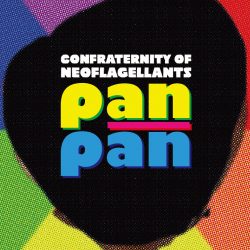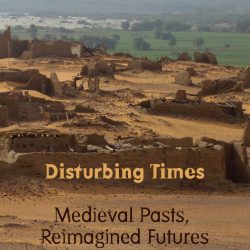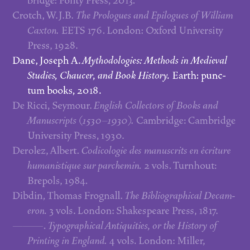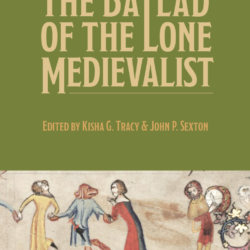The Art of Compilation: Manuscripts and Networks in the Early Medieval Latin West
Imprint: Gracchi Books
FORTHCOMING Winter 2024
Expanding on the themes raised at the N&N-PoKS workshop in October 2018 and conference in May 2019 at University College Dublin, this volume interrogates the medieval manuscript book as a dynamic, constantly changing object, entangled in intellectual and cultural networks, constructed and deconstructed by different people, and transmuting in both form and meaning over time.[…]

